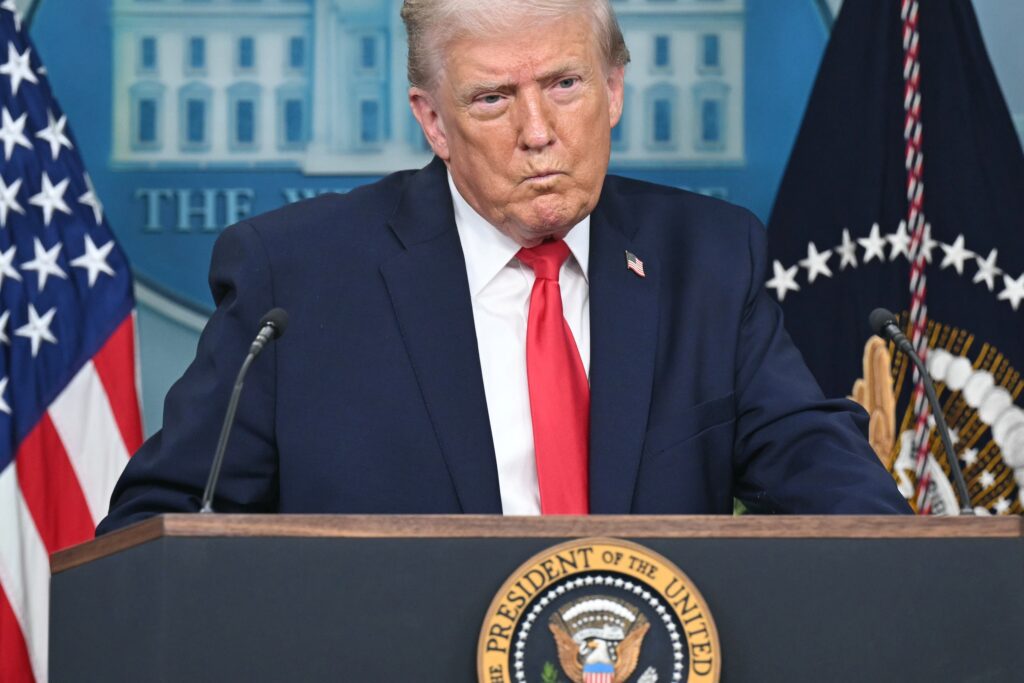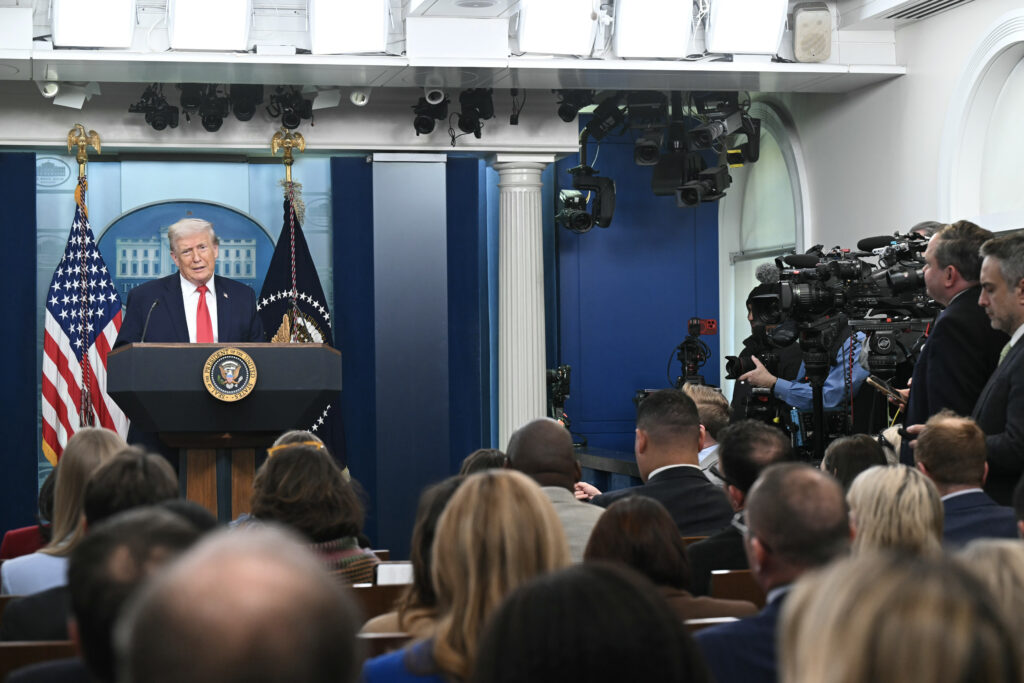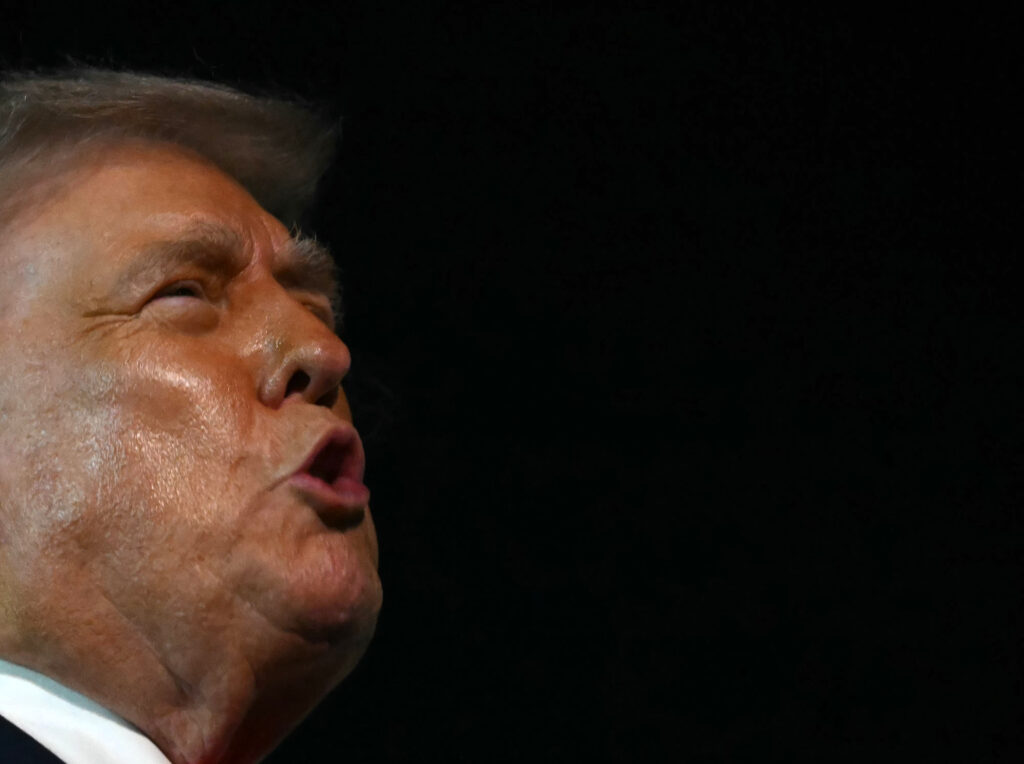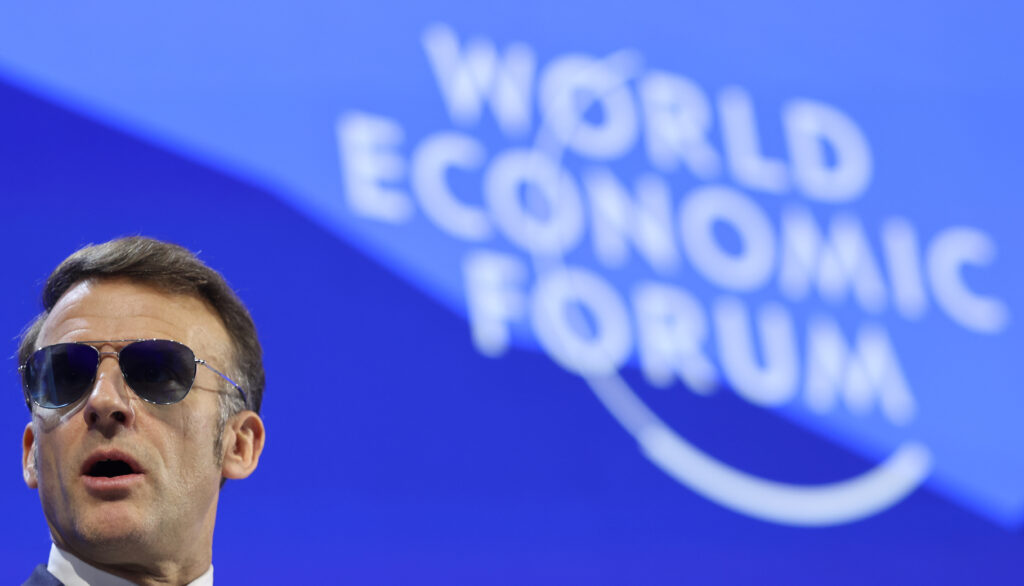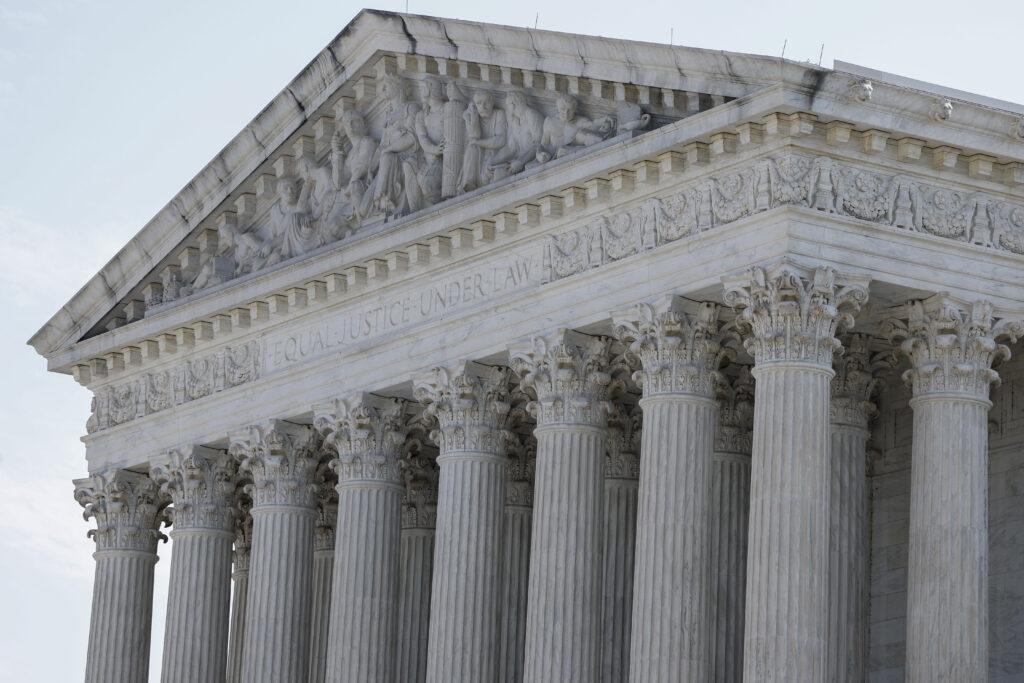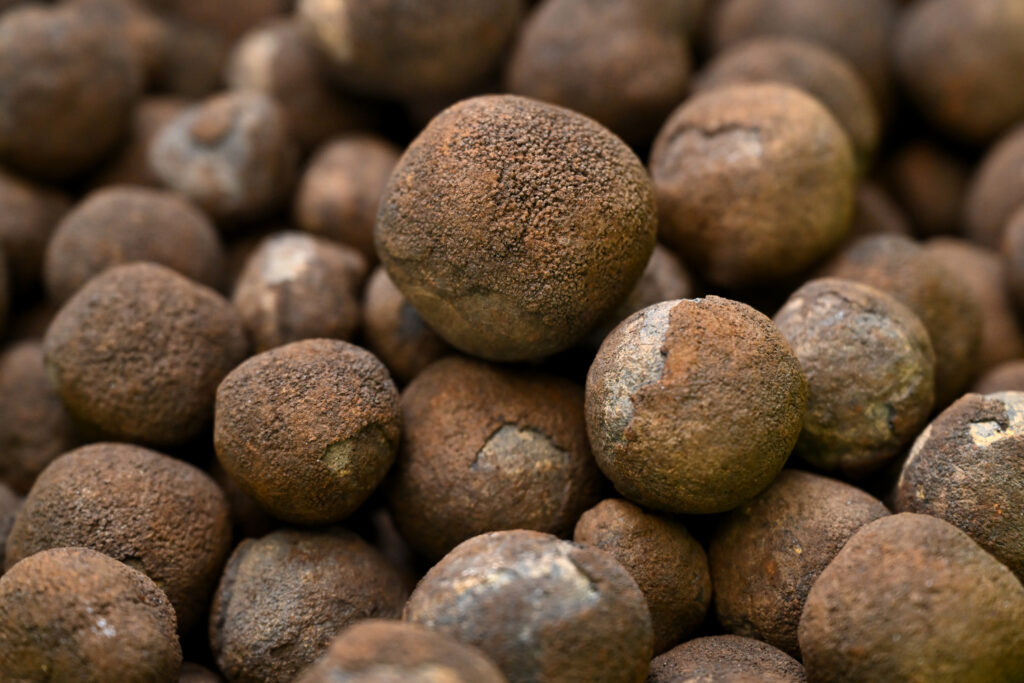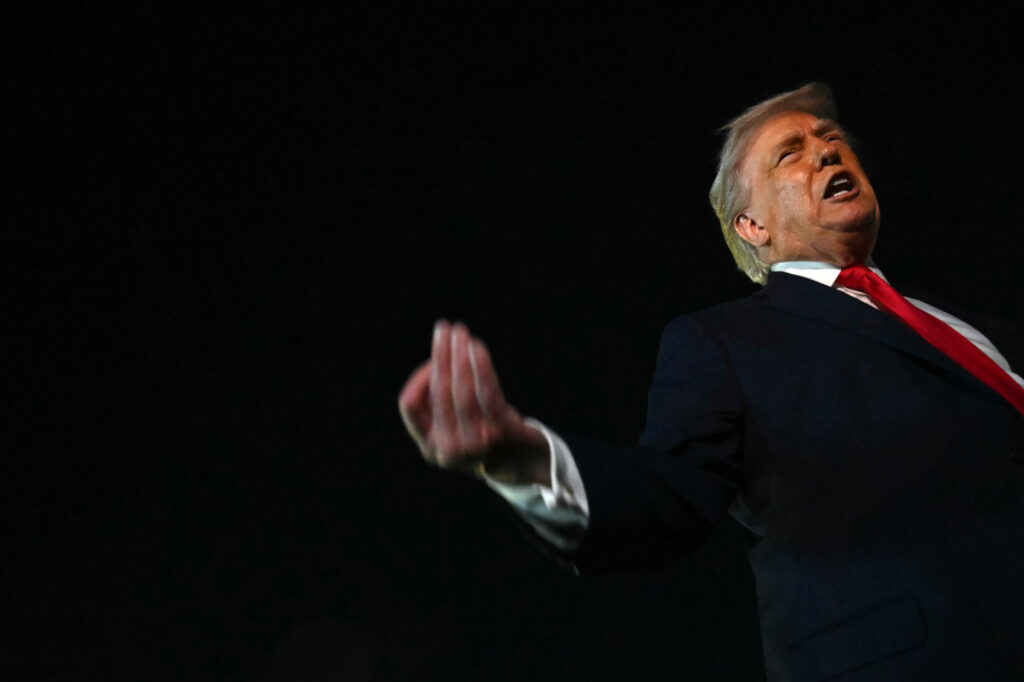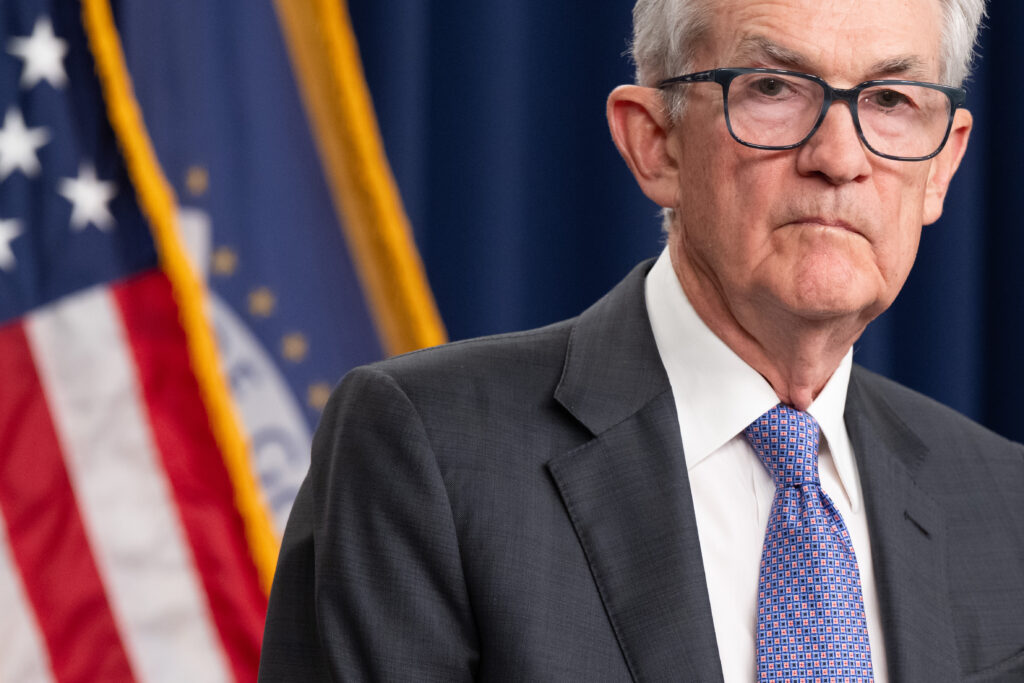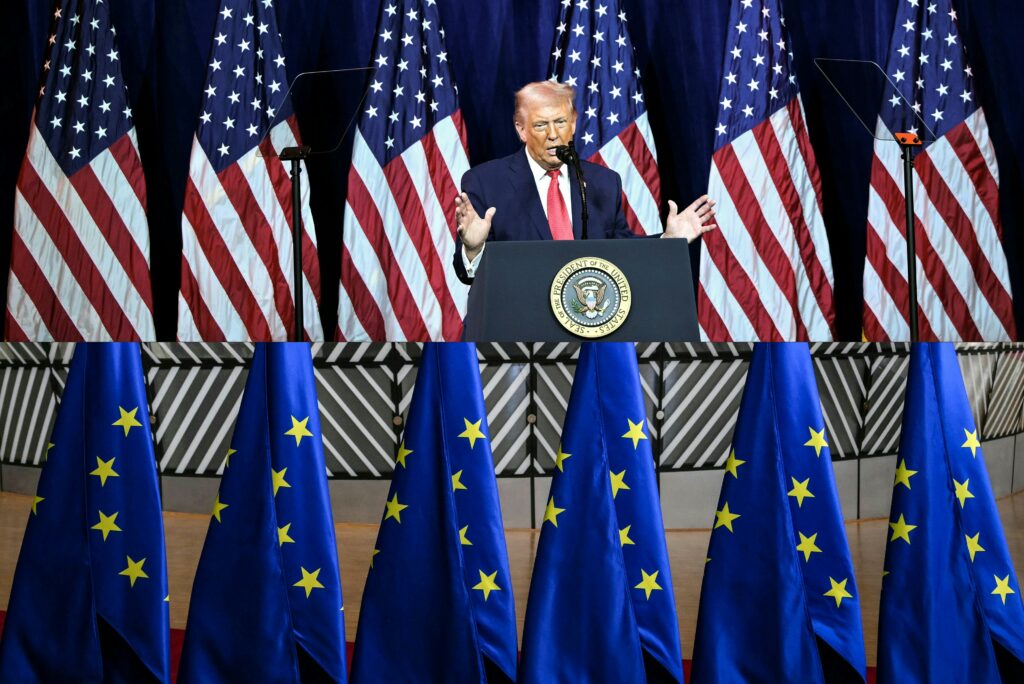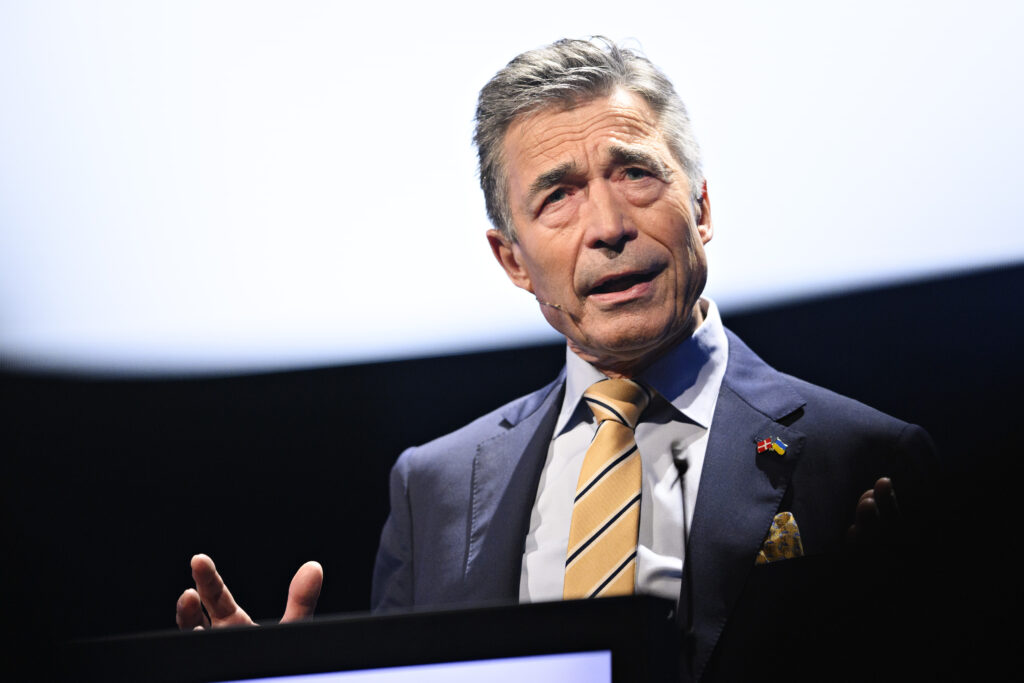Muted anniversary: Trump marks first year back with grievances
US President Donald Trump marked the first anniversary of his return to the White House on Tuesday with a rambling, often downbeat news conference that leaned heavily on familiar grievances rather than celebration.The 79-year-old brandished a folder in front of reporters that he said listed 365 achievements since he was sworn in on January 20 last year.”God is very proud of the work I have done,” he declared.However, in a monologue that went on for more than hour before he took questions from reporters, Trump complained that he wasn’t getting credit. He insulted and swore at opponents, and continued to spread conspiracy theories — including his false claim that he won the 2020 election that he lost to Democrat Joe Biden.Amid dire ratings — averaging at about 55 percent disapproval, 42 percent approval — and deep discontent over high prices, Trump said he deserved more appreciation.”Maybe I have bad public relations people, but we’re not getting it,” he said, also blaming “fake news.”Trump was headed hours later to Davos to join world political and business leaders. He signaled that his speech there Wednesday will defend his aggressive moves on Greenland, which is part of US ally Denmark.”We need it for national security,” he said. “Things are going to work out pretty well.”But when asked how far he was willing to go to act on his threats to take over the vast island, he retorted: “You’ll find out.”He rejected an idea floated by French President Emmanuel Macron for an emergency meeting of the G7 powers. “No,” he said about attending. “I wouldn’t do that.”- Hardly a victory lap -Delivered in a subdued tone, the address opened with Trump praising his crackdown by military-style agents on illegal immigration. Trump showed off mugshots of criminals he said had been apprehended in Minnesota, where a protester was shot dead this month by one of the agents.He touted the US military raid to seize Venezuela’s socialist president Nicolas Maduro and was unapologetic about his insistence that Washington will somehow take control of Greenland.But as Trump lurched from subject to subject, the address felt less like a victory lap than a reprise of last year’s campaign to defeat then vice president Kamala Harris and win his second term.The president repeated a series of claims long disputed or debunked, including that his 2020 election loss was “rigged,” that prescription drug prices had fallen by 600 percent — a mathematical impossibility — and that the United States had attracted $18 trillion in inward investment.On foreign affairs, the Republican signaled an interest in working with Venezuelan opposition leader Maria Corina Machado on the country’s future, following Washington’s January 3 military operation that removed Nicolás Maduro from power.”We’re talking to her,” Trump said. “Maybe we can get her involved in some way. I’d love to be able to do that.”He praised Machado for giving him her Nobel Peace Prize medal, complaining again that the Norwegian committee should have honored him instead.He also gave support to Syrian President Ahmed al-Sharaa, who launched an offensive against Washington’s erstwhile Kurdish allies.Trump said the Syrian leader was “working very, very hard” and a “choir boy” could not handle the situation in that country.Democratic Senator Chuck Schumer reacted scathingly to Trump’s anniversary performance. “He only grows more crazy and more unpopular.”
